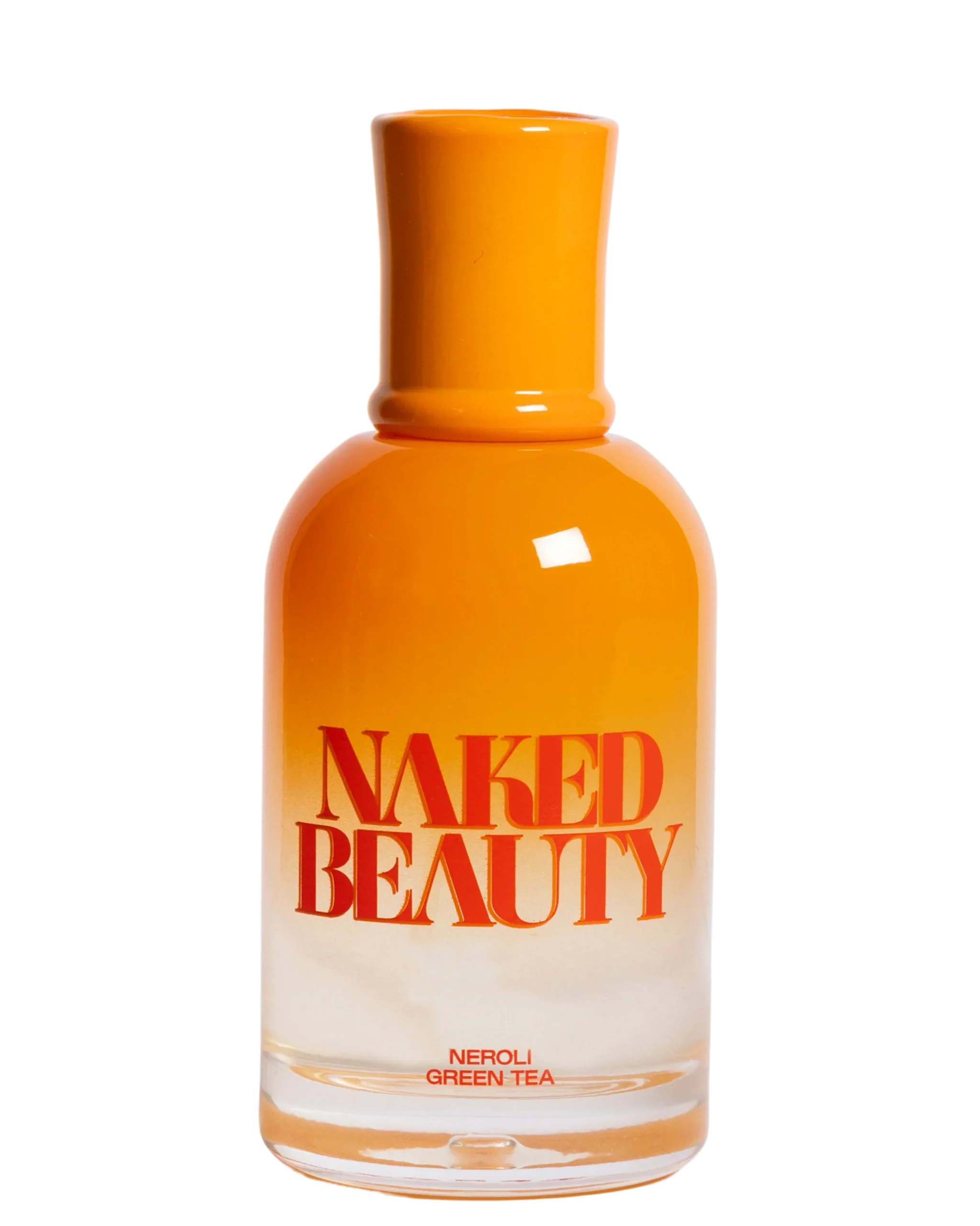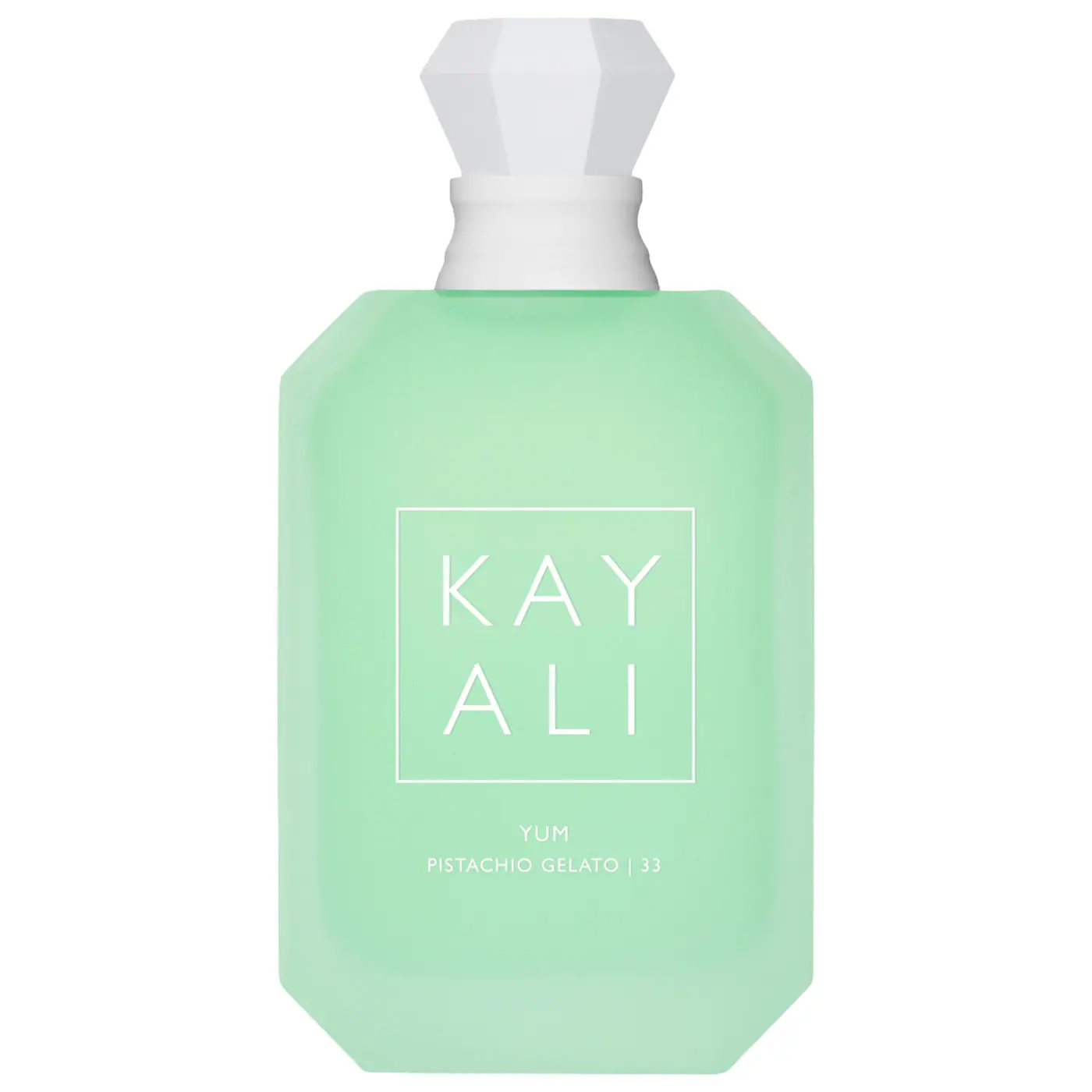
“I was raped at gunpoint when I was 14,” explains Marlon Peterson, a social and criminal justice advocate and writer. He tells me he blocked it out. For years.
I ask him who he finally told.
“I told my dad during my first couple of years in prison.”
Marlon went to prison when he was 19. He came out at 30.
“I told my dad when he first came to visit me, I’ma pass you a note, and I don’t want you to say anything about it. And he didn’t. I just wanted another person to know that it happened” he explains.
For him, masculinity was associated with heterosexuality, so he explains he was scared about telling anybody about the rape because of homophobia.
Marlon shares his personal journey on consent for this week’s #theCONSENTconvo, my global public conversation campaign on consent by Emotional Justice and The Spin in partnership with Essence.
He explains how traditional masculinity roles shaped his understanding. The word was never actually used, but TV and friends were his educators. His home was a religious one, so assigned roles were clear. A woman did this; a man was the head of the household. He had sex again – he describes losing his virginity at 18. He was raised in a Jehovah’s Witness household – so the strong line was – don’t have sex, and certainly no sex before marriage.
“I lost my virginity at 18. It was quick. It was not intimate or engaging. I didn’t really think about her. It was just a – I’ve checked that box. I wasn’t saying yes to a girl, it was about me.”
Subscribe to our daily newsletter for the latest in hair, beauty, style and celebrity news.
All of this week’s contributors to #theCONSENTconvo are survivors of sexual violence. Frenchie Davis and Dr. Nadia Lopez are two Black women educators who share journeys of consent impacted by family warnings of strangers’ violation, womanizing daddies who double dated with their daughters, a marriage for which consent was about a lack of worth, dealing with judgment and a perception of success.
Dr. Nadia Lopez is a middle school principal. Her visionary leadership of Brownsville, Brooklyn’s Mott Hall Bridges Academy landed her visit to President Obama. Frenchie Davis is a sexologist. She deals with sexuality and its impact on spirituality and emotionality.
Frenchie Davis explains learning consent for her was fractional. It happened in stages, and each stage brought changes. “I was around family members pointing out how my body was developing, and that was the first place I learned I didn’t have the right to say no,” says Frenchie.
“It was traumatizing for me, them doing that. I learned very early I don’t have any sexual agency.”
Frenchie explains she was a cross between her parents; a mother who was conservative and a father who was a womanizer and sexually adventurous.
“I learned repression through my mother. I learned sexual adventure through my father. And I knew there was something unique and different when I double dated with my father.”
Frenchie explains these early adventures made her more restrictive. She did not give consent around her body until college. It was her graduate studies in human sexuality that led her to re-examine her parents’ behavior and her own experiences. That re-examination prompted her to reimagine consent.
“Learning more about my body, studying more meant I could reconfigure consent in a way that allowed me to heal. There was a lot of decolonizing for me. But also luckily I have been surrounded by healthy men who nurtured that healing process for me.”
Dr. Nadia Lopez shares she did get direct messages about consent from her mother and father. However they were limited to dealing with strangers. Neither addressed the need to be wary of family members. It was a family member who sexually abused her. Unlearning was a specific focus.
“I grappled with this idea of love and consent. It was tied to ideas of self-esteem, self-worth. I had a fear that I would be violated, that someone would take that consent from me. I ended up in a relationship and getting married. I had given consent to someone who didn’t value that consent.”
All three contributors are sexual assault survivors, educators and advocates. All three are using and engaging their work to practically re-imagine consent as being about so much more than sex.
For Marlon he works towards a masculinity that consents to centering vulnerability among men and young boys as power. For Dr. Nadia Lopez she teaches children consent through play and friendship first, and teaches her staff to unlearn judgment and consent to being taught fresh lessons about her community of children. And for Frenchie Davis she calls on us to understand we can have what she calls: ‘emotionally transmitted diseases.’
All agree: we must understand there is power in permission.
_____
Listen to the full #theCONSENTconvo: Dr. Nadia Lopez & Frenchie Davis
Listen to the full #theCONSENTconvo: Marlon Peterson
Follow Esther Armah @estherarmah







Follow The Spin @TheSpinEA
Like The Spin on Facebook






